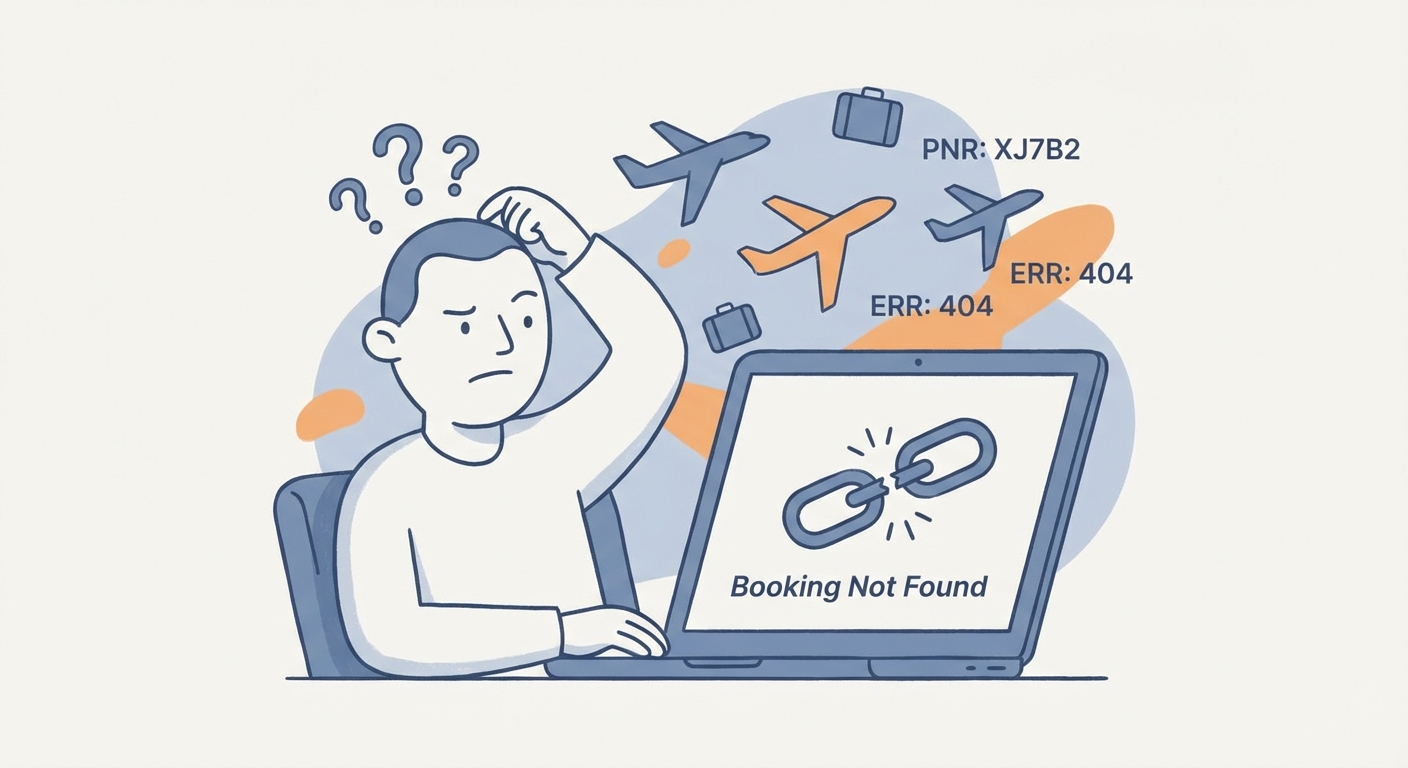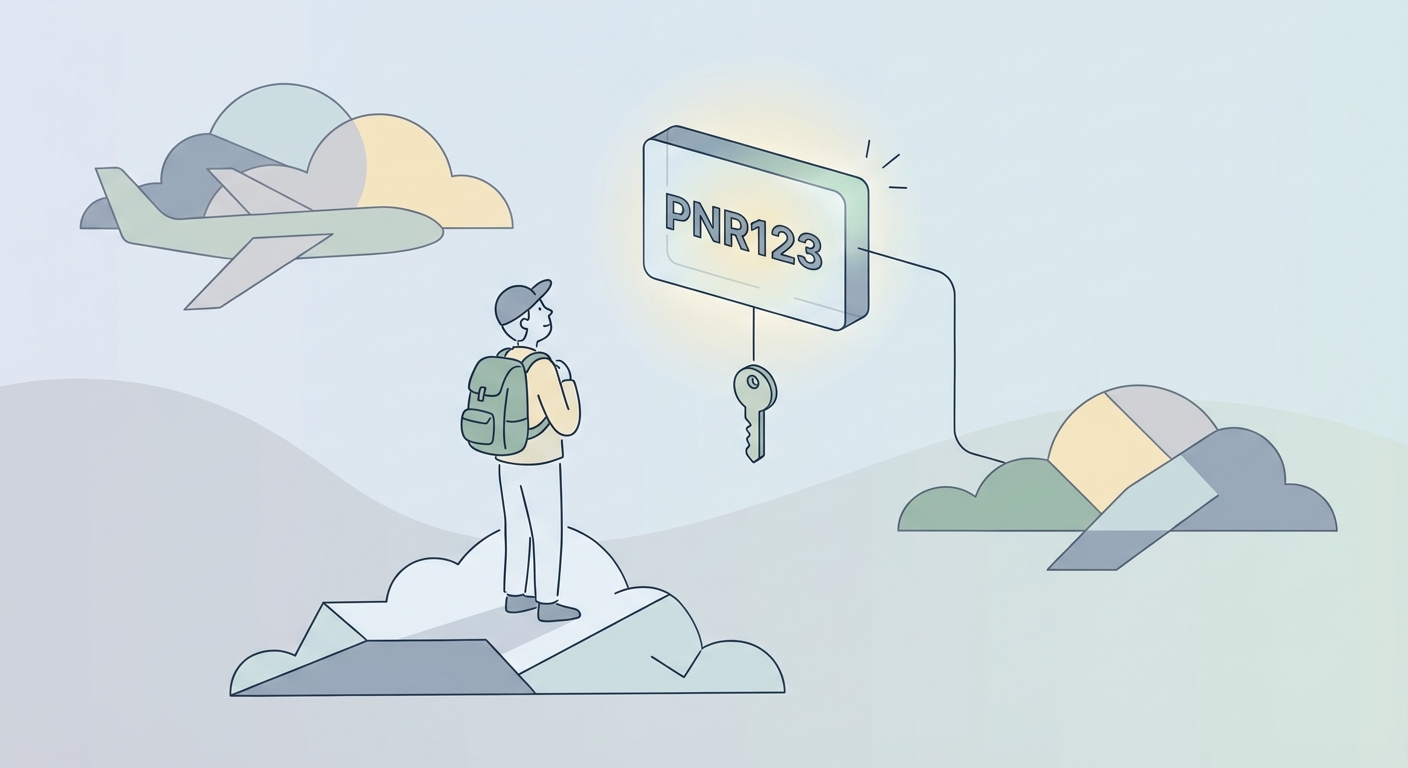Unlocking Global Adventures: A Comprehensive Guide to Digital Nomad Visas and Regulations
The Rise of the Digital Nomad: Why You Need a Visa
Dreaming of swapping your home office for a beachside workspace? The digital nomad lifestyle is more attainable than ever, but it's crucial to understand the legalities involved. Simply put, a tourist visa won't cut it if you plan to work remotely while exploring the globe.
The digital nomad lifestyle is all about location independence, letting professionals work from pretty much anywhere with an internet connection. This offers a unique chance to experience different cultures and lifestyles firsthand. The rise of remote work has really fueled this trend, changing how people think about work and travel.
Tourist visas are meant for short stays and strictly forbid any work activities. Working on a tourist visa can lead to some serious legal trouble, like fines, deportation, and even future travel bans. It’s super important to follow local laws and rules to avoid these headaches.
A digital nomad visa is basically a permit that lets remote workers legally live in a foreign country while earning money from sources outside that country. These visas come with several perks, like:
- Extended stays: Digital nomad visas let you stay way longer than a typical tourist visa.
- Access to local services: These visas often give you access to local banking and healthcare.
- Legal security: Having the right visa means you're compliant with local laws. This usually means you have rights of residence and aren't subject to arbitrary detention. You can access things like local healthcare and banking services, making your stay much smoother.
Digital nomad visas also help local economies by bringing in skilled workers and boosting tourism. Lots of countries are now offering these visas to attract remote workers and give their economies a shot in the arm.
Understanding the ins and outs of digital nomad visas is key, so let's dive into the specific regulations and requirements you need to know.
Top Destinations for Digital Nomads in 2025
Ready to ditch the cubicle and embrace a life of travel? Picking the right destination is a big deal for digital nomads, and 2025 is looking pretty sweet with tons of options.
Europe is still a huge draw, mixing old-school history with modern conveniences.
- Portugal, Spain, and Italy all have attractive digital nomad visas. These countries generally have a lower cost of living compared to some other Western European spots, plus vibrant cultures and amazing food. Their visas often have specific income requirements, like Portugal's needing around €3,200 per month, and some even offer pathways to permanent residency down the line.
- Emerging destinations like Croatia, Estonia, and Romania are also getting more popular. Estonia, for instance, is known for its forward-thinking tech policies and offers a dedicated digital nomad visa with a €3,507 monthly income requirement.
- Visa benefits can vary a lot, with some offering pathways to permanent residency. Income requirements also differ, so it's smart to compare things like lifestyle, visa duration, and access to local services.
The Americas offer a wild mix of landscapes, from busy cities to chill beaches.
- Mexico and Colombia are great for their low cost of living and growing expat communities. These countries have pretty accessible visa options, making them popular for budget-conscious nomads.
- Canada and Panama offer unique opportunities. Canada doesn't have a specific digital nomad visa yet, but you can often stay on a visitor visa if you're working remotely. Panama, on the other hand, has a dedicated digital nomad visa with a reasonable income requirement of around $1,500 per month.
- Cultural experiences are everywhere, from ancient ruins to modern art scenes, offering a rich tapestry for exploration.
Asia brings together ancient cultures and modern innovation.
- Thailand and Indonesia (Bali) are still big hits because they're affordable and offer deep cultural immersion. These spots give you a unique blend of tropical scenery and rich traditions.
- Japan and South Korea are popping up with unique cultural experiences. Japan is planning a digital nomad visa for 2025, likely aimed at high-income earners, though specific details are still emerging.
- Modern amenities blend really well with traditional charm.
Choosing the right place really depends on what you're looking for – cost, culture, or just good internet. Now, let's get into the regulations and requirements that govern these global adventures.
Understanding Digital Nomad Visa Requirements
Planning your digital nomad adventure is more than just picking a spot; understanding the visa requirements is key to making sure your stay is smooth and legal. Every country has its own rules, so let's break down what you need to know.
One of the first hurdles is proving you have a steady income. Countries want to make sure you can support yourself without being a drain on their economy.
- Minimum income thresholds: These vary a lot depending on where you're going. Income requirements typically fall somewhere between €1,000 and €5,000 per month, but always check the specifics for your chosen country.
- Acceptable forms of income verification: You'll generally need to show bank statements, tax returns, and employment contracts. Having these documents ready will make the application process much faster.
- Tips for managing your finances as a digital nomad: Consider opening a separate bank account just for your nomad income and expenses. This can help you keep track of your money and makes income verification easier.
Next, you'll need to show that you're actually working remotely. This reassures the host country that your income is coming from outside their economy.
- Acceptable proof of remote employment: This can include employment contracts, freelance agreements, and even client testimonials. The main thing is to clearly show your work is location-independent. For client testimonials, aim for ones that include the client's contact information, details about the project, and a confirmation of your remote work.
- Requirements for self-employed individuals and business owners: If you're self-employed, get ready to provide business registration documents and client contracts. Showing a history of successful remote projects can also be a big help.
- Ensuring your work aligns with visa regulations: Make sure your work doesn't break any local employment laws. Digital nomad visas usually don't let you work for companies within the host country.
Finally, health insurance and background checks are pretty standard for ensuring your safety and that you meet local standards. These requirements protect both you and the host country.
- The importance of international health insurance: Many countries require comprehensive health insurance for your entire stay. This often means getting international travel insurance or expat health plans.
- Navigating background checks: A clean criminal record is almost always a must. Be prepared to provide a police clearance certificate from your home country.
- Meeting health and safety standards: Make sure you meet all required health standards. Some countries might need specific vaccinations or health screenings before they give you a visa.
Understanding these requirements is super important for a successful digital nomad journey.
Navigating the Application Process: A Step-by-Step Guide
Starting your digital nomad journey is exciting, but the visa application process can feel a bit overwhelming. Let's break down the steps to make it smoother.
First off, research is your best friend. Figure out your lifestyle preferences, budget, and work needs to find suitable destinations.
- Lifestyle, budget, and work requirements: Think about things like internet speed, cost of living, cultural attractions, and if there are coworking spaces.
- Comparing visa options: Each country has its own unique requirements. Minimum income thresholds, visa durations, and eligibility criteria can vary a lot.
- Gathering documents: Get your essential documents ready, like your passport, proof of income, employment contracts, and health insurance. Having these on hand will speed things up.
Once you've picked your visa, it's time to apply.
- Online vs. In-Person: Some countries, like Estonia, let you apply online. Others might require you to apply in person at an embassy or consulate, like many countries in Asia or some in Africa.
- Visa Processing Times: Processing times can vary; some visas get approved in weeks, while others take months. Be patient and plan ahead.
- Tracking and Staying Informed: Keep an eye on your application status and respond quickly to any requests for more info. Staying on top of it can prevent unnecessary delays.
Congrats, you're approved! Now it's time to get ready for your adventure.
- Arranging Travel and Accommodation: Book your flights and secure your lodging before you leave. Having these details sorted will make your transition easier.
- Setting Up Local Services: Open a local bank account and get a local SIM card to manage your money and stay connected.
- Understanding Local Laws and Customs: Get familiar with local laws, customs, and etiquette to ensure you're respectful and have an enjoyable stay.
With the right preparation and a systematic approach, you can totally nail the digital nomad visa application process.
Tax Implications for Digital Nomads: Staying Compliant
Did you know that your dream of working from a beach in Bali could come with a surprise tax bill? As a digital nomad, understanding tax implications is crucial to avoid unexpected financial burdens and legal issues.
One of the first things to think about is your tax residency. This decides which country has the right to tax your income. Generally, if you spend more than 183 days in a country, you might be considered a tax resident there.
- Defining Tax Residency: Tax residency isn't always straightforward. It depends on the specific laws of each country, and things like where your main economic interests lie, where your family lives, and where you keep a permanent home can all play a role.
- The 183-Day Rule: While widely used, the 183-day rule isn't universal. Some countries have different thresholds or use other criteria. For example, the UK might consider factors beyond just days spent in the country. Staying informed about the specific rules in your host country is essential.
- Strategies for Managing Tax Residency: Careful planning is key. You might want to limit your time in any one country, or chat with a tax advisor to understand how your travel patterns affect things.
Navigating tax residency can get more complicated when you face double taxation, where two countries tax the same income. Luckily, many countries have treaties to help with this.
- What are Double Taxation Treaties? These agreements between countries stop you from being taxed twice on the same income. They usually say which country has the main right to tax and how the other country will offer relief, like through tax credits or exemptions.
- Checking for Treaties: Before you head off, see if a tax treaty exists between your home country and your host country. Most countries' tax authorities have lists of their tax treaties online.
- Claiming Tax Credits and Exemptions: If a treaty exists, figure out how to get the benefits. This often means filing specific forms with your tax return in either your home country or your host country.
For US citizens, tax obligations are especially unique. The United States taxes its citizens on their worldwide income, no matter where they live. This means American digital nomads have to file US tax returns, even while living abroad.
- US Citizens' Worldwide Income Tax Obligations: Even if you qualify as a tax resident in another country, the US still wants you to report your global income.
- Foreign Earned Income Exclusion (FEIE): The FEIE lets you exclude a certain amount of your foreign-earned income from US taxes.
- Foreign Tax Credits: You can also claim a credit for taxes you've paid to a foreign country, which can lower your US tax bill.
Dealing with international tax complexities can be tough. Talking to a tax professional who specializes in international taxation is highly recommended.
Understanding these tax implications is crucial for digital nomads to stay compliant and avoid potential penalties.
Common Challenges and How to Overcome Them
Did you know that visa rejections and financial missteps are some of the biggest headaches for aspiring digital nomads? Overcoming these challenges needs careful planning and a proactive approach.
One of the most disappointing things for a digital nomad is having their visa application rejected. To avoid this, make sure you provide enough documentation and fill out your application perfectly.
- Insufficient proof of remote work is a common pitfall. Applicants must clearly show they work remotely for a foreign employer, run an online business, or freelance for international clients. For example, a software developer should provide client contracts or a letter from their employer confirming their remote work arrangement.
- Not meeting income requirements is another frequent reason for rejection. Digital nomad visas require applicants to earn a minimum monthly income to ensure financial stability during their stay. Be sure to provide complete and accurate financial documentation.
- Non-compliance with visa terms can also lead to rejection. Some visas prohibit local employment or have restrictions on business operations. Common visa terms that digital nomads might violate include working for local companies, exceeding stay limits without proper extension, or engaging in business activities not permitted by the visa.
Managing finances abroad can be tricky, but with the right strategies, it's totally manageable.
- Opening a bank account in a foreign country can be challenging due to varying requirements. Research local banking rules and get the necessary documents ready, like proof of address and identification.
- Transferring money internationally can rack up high fees. Look into cost-effective options like Wise or Revolut to keep transaction costs down.
- Budgeting in different currencies needs careful planning. Use budgeting apps that support multiple currencies to track your expenses and manage your money effectively.
Adjusting to a new environment means understanding and respecting local customs and laws.
- Research local customs and etiquette before you arrive. For instance, in some cultures, direct eye contact might be seen as disrespectful.
- Navigating legal and regulatory differences is essential for compliance. Understand local labor laws and business regulations to avoid legal issues.
- Building a support network and fitting into the local community can make your transition easier. Join expat groups or local clubs to connect with like-minded people and build relationships.
Overcoming these challenges takes thorough preparation and adaptability.
Plan Your Adventure with GoTriply
Ready to make your digital nomad dreams a reality? GoTriply can help you sort out the planning for your adventure, so you can focus on your work and enjoy the journey.
- Personalized Itineraries: Discover travel plans made just for you, based on what you like for activities, attractions, and local experiences. Whether you're into historical sites or exploring cities, GoTriply makes sure your itinerary matches your passions.
- International and Domestic Travel Packages: Check out curated packages designed for adventure seekers who want to make the most of their digital nomad journey. These packages cover different destinations, offering unique cultural immersion and exciting activities.
- Comprehensive Support: GoTriply helps with booking hotels and activities and provides guides for exploring destinations. This lets you concentrate on your work and really enjoy your travel experiences.
With GoTriply, you can have a smooth and rewarding digital nomad experience.





